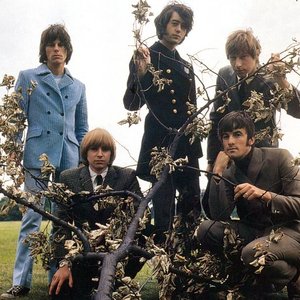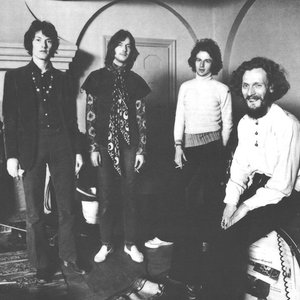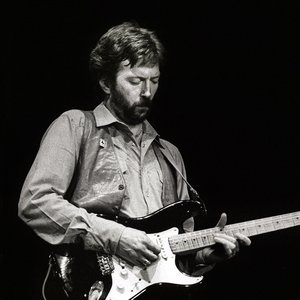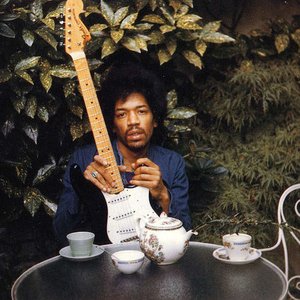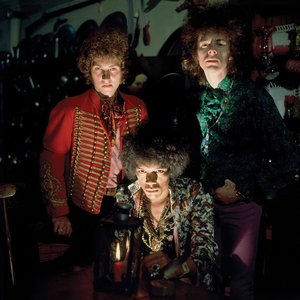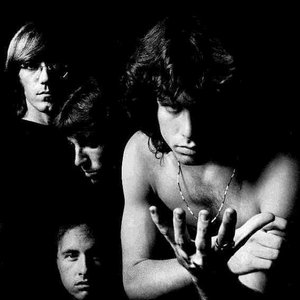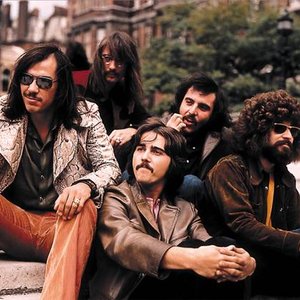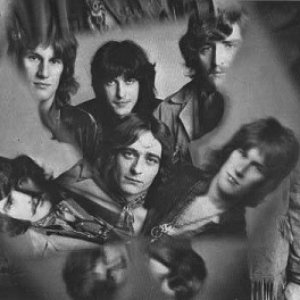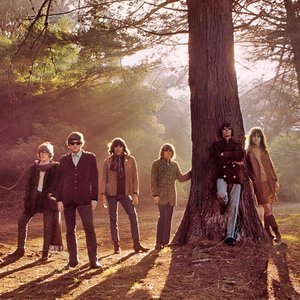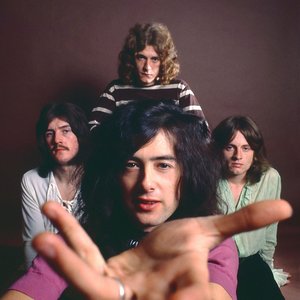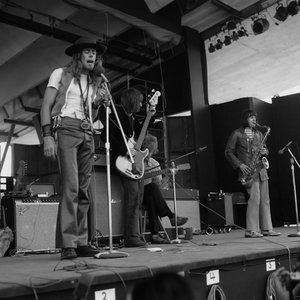Biography
Cream was a British rock supergroup formed in London in 1966. The group consisted of bassist Jack Bruce, guitarist Eric Clapton, and drummer Ginger Baker. Jack Bruce was the primary songwriter and vocalist, with contributions from Clapton and Baker. The band members had previously been part of successful groups, and Cream is often recognized as one of the first supergroups. The band was known for the instrumental skills of its members.
During their career from 1966 to 1968, Cream released four albums: "Fresh Cream" (1966), "Disraeli Gears" (1967), "Wheels of Fire" (1968), and "Goodbye" (1969). Starting with "Disraeli Gears," producer and multi-instrumentalist Felix Pappalardi collaborated with the band in the studio. Their music covered various rock genres, including blues rock, psychedelia, and hard rock. The group sold over 15 million records worldwide. Their third album, "Wheels of Fire," was the first double album to be certified platinum. Cream achieved international success with singles such as "Sunshine of Your Love" (1967) and "White Room" (1968).
Conflicts between Bruce and Baker led to the band’s decision to disband in May 1968. However, they recorded a final album, "Goodbye," and completed a farewell tour, ending with two concerts at the Royal Albert Hall in November 1968. These concerts were filmed and later released as the "Farewell Concert" video in 1977. Jack Bruce passed away in 2014, Ginger Baker in 2019, and Eric Clapton remains the last surviving member.
In 1993, Cream was inducted into the Rock and Roll Hall of Fame. They have appeared on various lists of influential artists, including Rolling Stone's and VH1's "100 Greatest Artists of All Time," as well as VH1's "100 Greatest Artists of Hard Rock."
Studio albums
Fresh Cream (1966)
Disraeli Gears (1967)
Wheels of Fire (1968)
Goodbye (1969)
There is at least one other known artist tracked as "Cream" on last.fm.
2. Cream is also the name of a Japanese hip hop group consisting of singer-songwriter Minami and rapper/producer Staxx T. Their music blends hip hop, pop, rock, and electronic dance music, a style they describe as "new jpop." The group's name is derived from combining the words "creative" and "team," reflecting their approach to producing music both for themselves and other artists. Members work together and individually, writing and composing for various artists such as m-flo, BoA, V6, and MADEMOISELLE YULIA. Cream is known for their YouTube channel "CREAM VISION," where they post covers, remixes, and original songs.
Artist descriptions on Last.fm are editable by everyone. Feel free to contribute!
All user-contributed text on this page is available under the Creative Commons Attribution-ShareAlike License; additional terms may apply.

